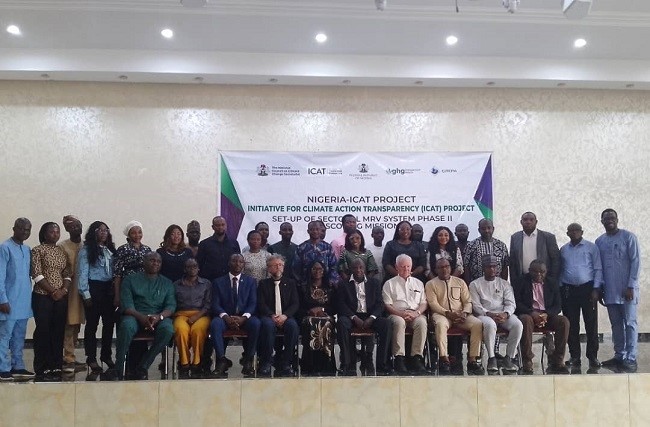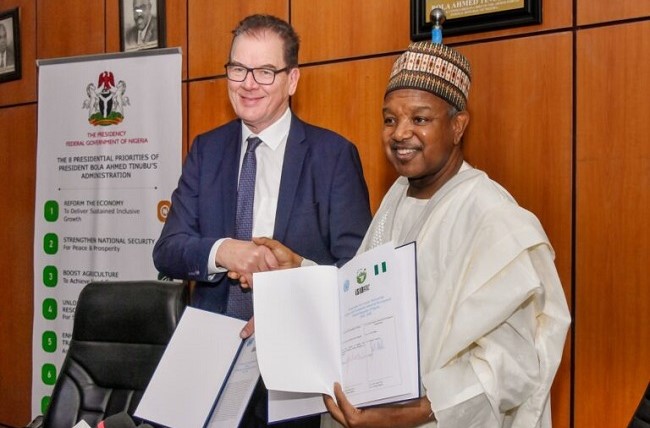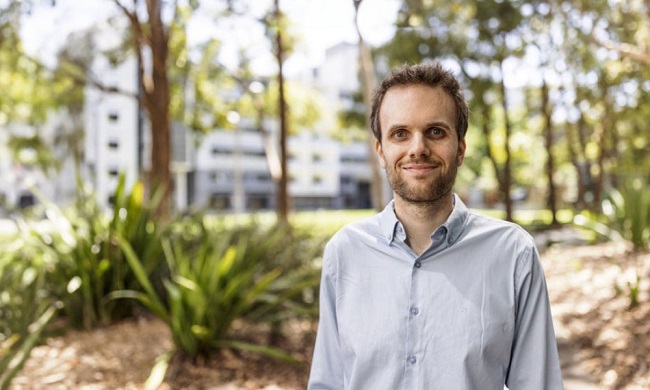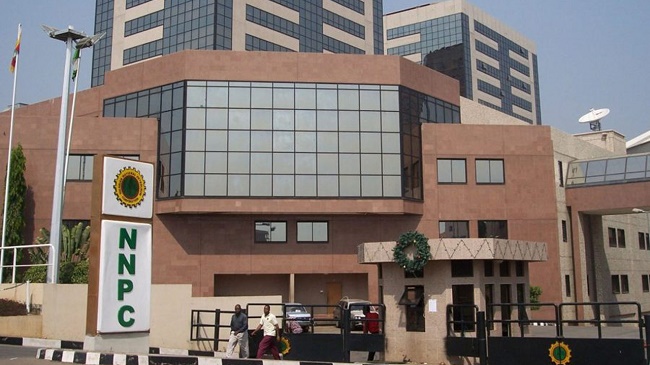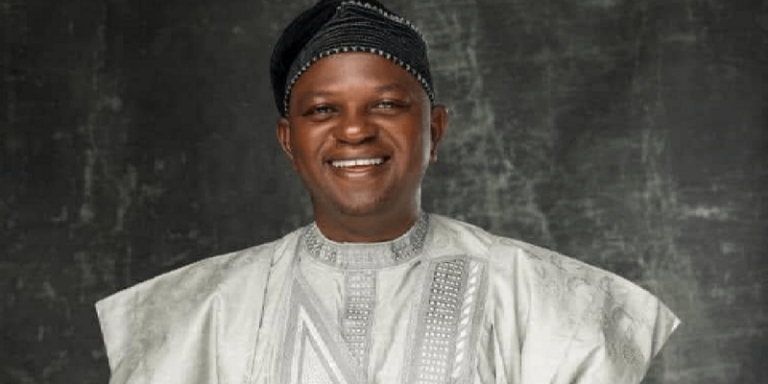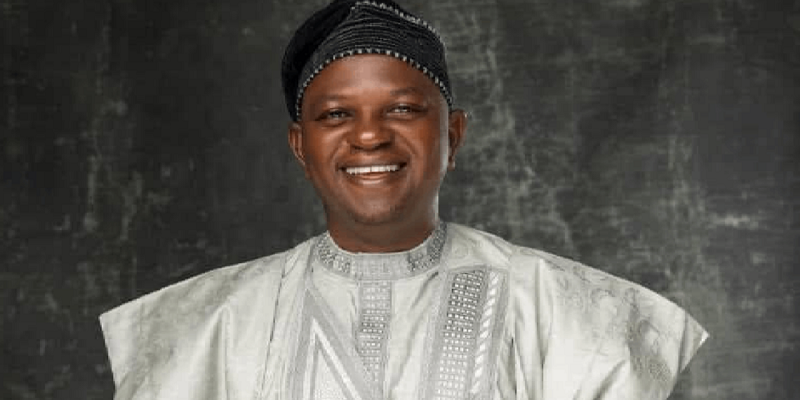The Women in Energy Network (WIEN) has congratulated President Bola Ahmed Tinubu for his recent appointment of a new board for the Nigerian National Petroleum Company (NNPC) Limited.
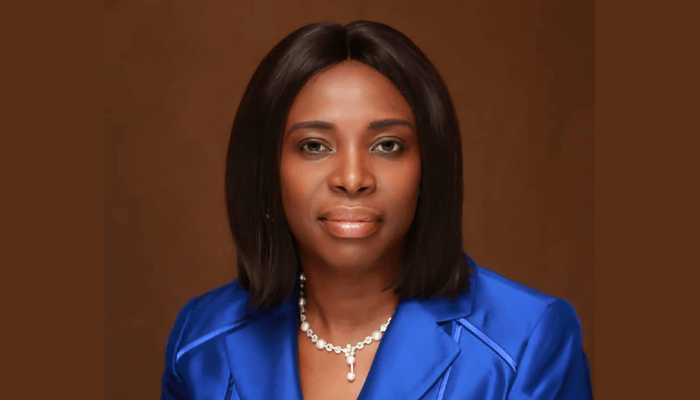
In a statement signed by Mrs. Eyono Fatai-Williams, President, WIEN, the irganisation stated that the move brings on board a group of highly respected professionals to inject fresh perspectives and energy into the realisation of Nigeria’s national energy and economic aspirations.
According to WIEN, “this strategic reconstitution comes at a pivotal moment for the energy sector, one marked by transformation, diversification, and an ongoing transition toward sustainability.”
The statement reads: “WIEN is pleased to note the appointment of a new Group Chief Executive Officer and the constitution of an 11-member team, led by a non-executive chairman, to steer the direction of NNPC Limited. Additionally, the inclusion of six non-executive directors representing Nigeria’s geopolitical zones, as well as representation from the Ministries of Petroleum Resources and Finance, signals a broad-based approach to tackling the challenges facing the sector.
“These appointments, made in accordance with Section 59, Subsection 2 of the Petroleum Industry Act, 2021, are expected to enhance operational efficiency, restore investor confidence, increase local content, boost economic growth, and advance the commercialisation and diversification of gas resources. In light of the current economic challenges, particularly the foreign exchange squeeze and inflationary pressures, the need for effective leadership and strategic vision in the energy sector has never been more urgent.
“WIEN also acknowledges the significant progress these appointments represent within the broader framework of energy sector reforms. These reforms are crucial for attracting sustainable investments that will stimulate both oil and gas production and the development of local refining capacity.
“We specially thank Mr. President for the appointment of Mrs. Lydia Shehu Jafiya, Permanent Secretary, Federal Ministry of Finance, to the board as the only woman in the 11-member board. We extend our congratulations to her and assure her of our full support.
“As we enter a new chapter under the leadership of His Excellency, President Bola Ahmed Tinubu, the Renewed Hope Agenda offers a transformative vision for Nigeria’s future. This vision emphasises creating opportunities for all Nigerians, particularly women, to thrive in every sector of the economy. It underscores the commitment to gender equality and inclusivity, recognizing the immense contributions of women across various spheres of society.
“However, while the objectives of the Renewed Hope Agenda are commendable, we at WIEN (Women in Energy Nigeria) are deeply concerned about the current composition of the newly appointed NNPC board. Despite the President’s progressive agenda for his administration, the board’s lack of sufficient female representation is a stark contradiction to the commitment of ensuring 35% gender representation in leadership positions, as outlined in his plan.
“This absence of women on the NNPC board not only perpetuates a gender imbalance but also fails to recognise the invaluable role that Nigerian women have played, and continue to play, in the energy sector. Women in Nigeria have consistently demonstrated excellence and innovation in energy-related fields, making significant contributions to the industry’s growth and development. Yet, their voices remain underrepresented in the key decision-making spaces.
“We urge President Tinubu and the administration to ensure that the principles of the Renewed Hope Agenda are reflected in every aspect of governance, particularly in the energy sector, where gender equity is not just an ideal but a necessity for sustainable development. It is vital that women are not only included but are empowered to lead at every level. This will not only enhance the industry but will also set a precedent for future generations, where equality in leadership is not merely aspirational but a reality.
“WIEN remains committed to advocating for the full inclusion of women in leadership and decision-making roles across Nigeria’s energy sector, and we look forward to continued dialogue and action in achieving this important goal.
“It is with this in mind that WIEN respectfully calls upon President Bola Ahmed Tinubu to consider the inclusion of qualified women in the NNPC Limited board and all boards within the Nigerian energy sector.
“We also urge the leadership of the National Assembly and other relevant government agencies to support the President in addressing this gender imbalance, ensuring that the full potential of Nigeria’s energy sector is realised.
“Nigeria is home to a wealth of female professionals in the six-geopolotical zones who have made exceptional strides across the energy value chain. WIEN stands ready to assist in identifying and recommending accomplished women who can contribute to the realization of the President’s objectives for NNPC Limited.
Together, we can achieve a more inclusive, dynamic, and successful energy sector for Nigeria. Again, we congratulate Mr. President on this bold and strategic move to reposition Nigeria’s energy sector not just for domestic reforms but also to place Nigeria in her rightful place in the international energy community.”


